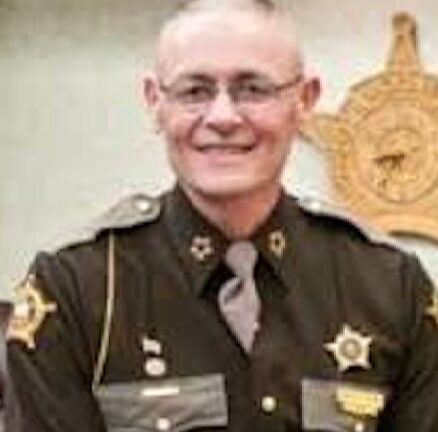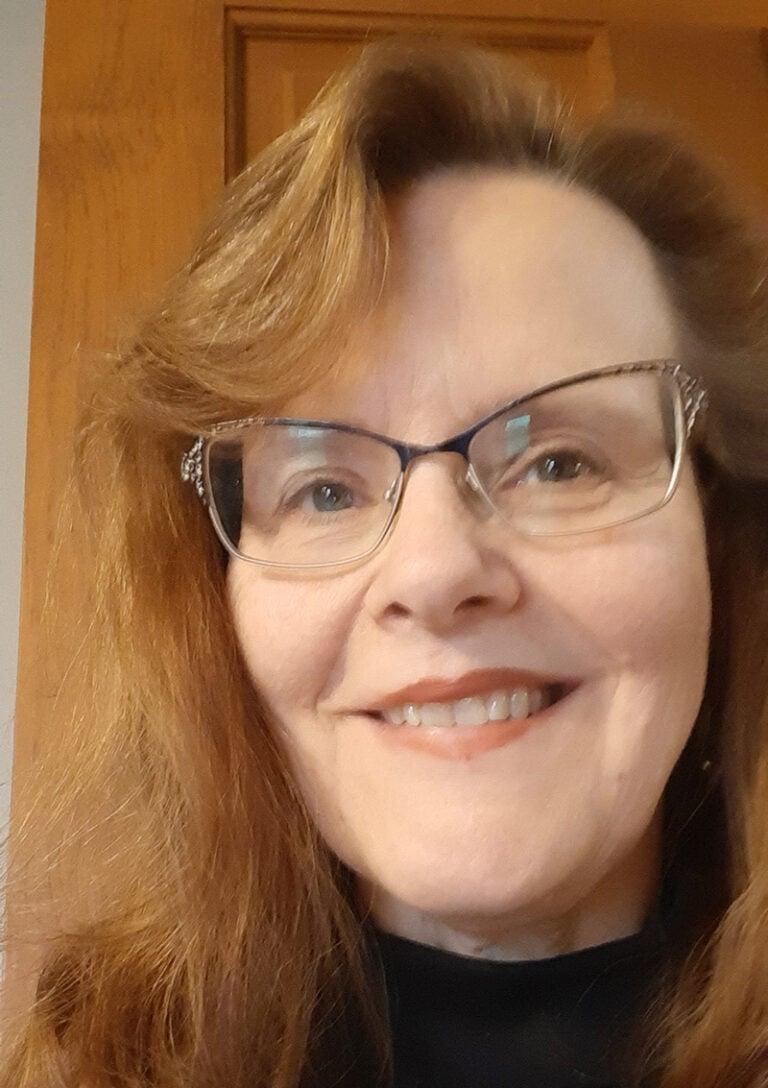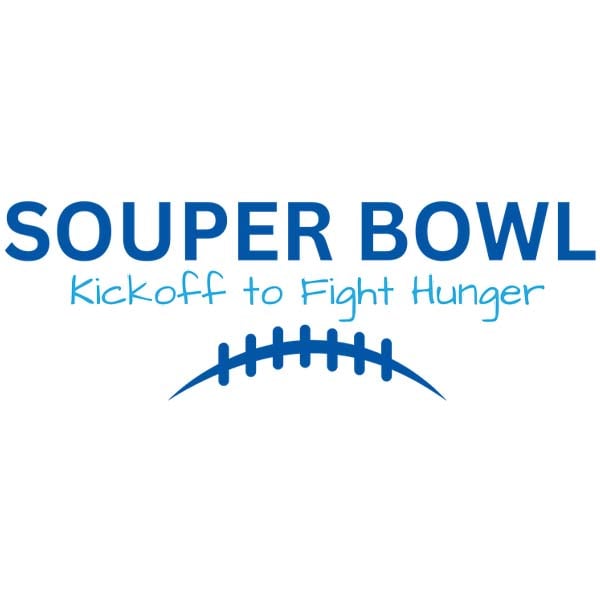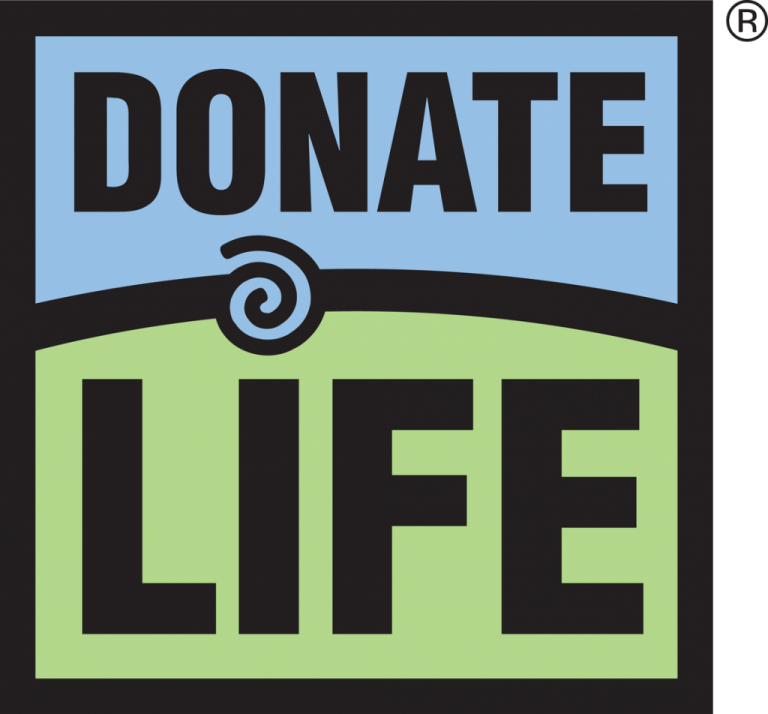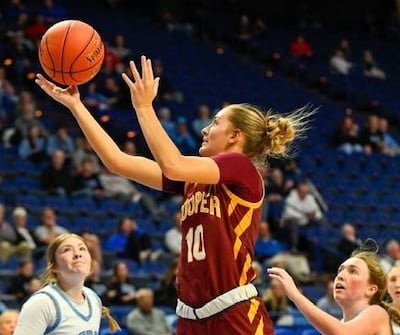By Liane Crossley
Special to NKyTribune
There are plenty of ways to earn a paycheck on horseback but few as unique as former jockey Donna Barton Brothers’ gig. As a cantering commentator, Brothers reports from Thoroughbred racing’s most prestigious events, including the Kentucky Derby, for NBC.
Stylish and articulate, Brothers makes her job look as easy as a relaxed trail ride. In fact, her commentary is the culmination of a lifetime of horse racing. Some of her best moments on camera resulted from friendships and instincts honed from her decades at the track. For her insightful interviews, she was honored as Sports Illustrated’s best sideline reporter last year.

In addition to the Kentucky Derby, Brothers is a mounted reporter for the second two jewels of racing’s Triple Crown and for the Breeders’ Cup World Championships, which will be held at Keeneland this fall. Other assignments include commentator for TVG during Keeneland’s racing seasons and the Rolex Kentucky Three-Day Event competition at the Kentucky Horse Park each April.
Brothers and her husband Frank, a former Thoroughbred trainer, make their home in Louisville despite spending much of their time in Lexington. Married since 1998, both serve as consultants in various Thoroughbred endeavors including Frank’s role on the Keeneland team that evaluates auction horses.
“We are creatures of habit,” Donna Brothers said about their Louisville lifestyle.
She lovingly describes their suburban home in a country setting and simple pleasures of being surrounded by longtime friends and their favorite shopping places.
“We were lucky to find the right home for us and we got settled in and comfortable,” she said.
Brothers stays fit by going to the gym and running with her dog in the park. Before her husband retired from his prolific training career in 2009, Brothers exercised horses for him at Churchill Downs and their winter base of Fair Grounds Race Course in New Orleans, where Brothers got her start as an on-air reporter on major racing days.
In the spring of 1999, she accepted a similar position at Churchill Downs where she came to the attention of NBC. Impressed with her depth of racing knowledge and riding skills, NBC offered her the position as mounted analyst for their extensive coverage of the 2000 Breeders’ Cup at Churchill Downs.
“So my first live television broadcast was a five-hour show with eight races,” she said.
Being in the saddle for most of the afternoon was second nature to Brothers who was born to ride. Her father was a rodeo rider and her mother Patti Barton Browne was one of the first female jockeys and the first to win more than 1,000 races. Both of Brothers’ siblings became jockeys, and Donna’s career included more than 1,000 victories and a close second in a Breeders’ Cup race.
Preparation and surprises
Her deep understanding of the subject manner also was second nature to Brothers in that initial broadcast. To fortify her knowledge, she does plenty of homework on statistics and facts so she can ask proper questions to the winning jockey immediately after the race. She reads about Thoroughbred industry news daily via the Internet and trade publications. She said the Derby is her easiest preparation because she resides in Louisville where everyone is familiar with the storied event and the city has extensive media coverage.
Instead of relying solely on memory, Brothers keeps notes on index cards about each Derby entrant.
“You never know what can happen that can get you discombobulated,” she said. “I always feel better to be over-prepared.”
Readying for the multiple races on the Breeders’ Cup program is much more challenging. Brothers prepares at least three questions for each entrant which translates into hundreds of queries. Stationary commentators can have stacks of statistics at their posts, but Brothers is limited to what she can carry. On Breeders’ Cup Day, she relies on notes written in her program instead of a chunk of cards.
Brothers inadvertently learned that spontaneity trumps preparation on live television moments after Calvin Borel won his first Kentucky Derby on Street Sense in 2007.
Brothers glanced at her index cards to refresh her memory in advance of steering to Borel. Knowing that a Derby triumph is different for everyone, Brothers tries to foresee the winner’s reaction. Brothers knew Borel was close to his elderly parents, but when the jockey immediately said he wished his parents were with him, Brothers mind jumbled. Unsure of their current status, Brothers was speechless.
“All the questions I had went out the window because of Calvin’s huge emotional reaction,” she said. “All I could do was go with what he was talking about which was more about his own emotions than the race itself.”
Fortunately, Borel redirected his thoughts to his brother Cecil, a Louisville-based trainer and Brothers reacted accordingly while mentioning his tearful face to the audience.
Brothers feared her momentary lapse of interview skills would result in getting fired. Instead her superiors praised the ad libbing, especially the reference of Borel’s tears, which enabled producers to showcase the drama.
“Because I forgot all my questions and went with the flow of the interview, it made for a better interview,” she said. “I learned a lot from that, from being in the moment instead of focusing on what I had planned. It helped me relax and let go of how I want the interview to go and let it go where the subject matter at the time takes it.”
Liane Crossley is a Lexington-based freelance writer. This story originally appeared on KyForward.com









